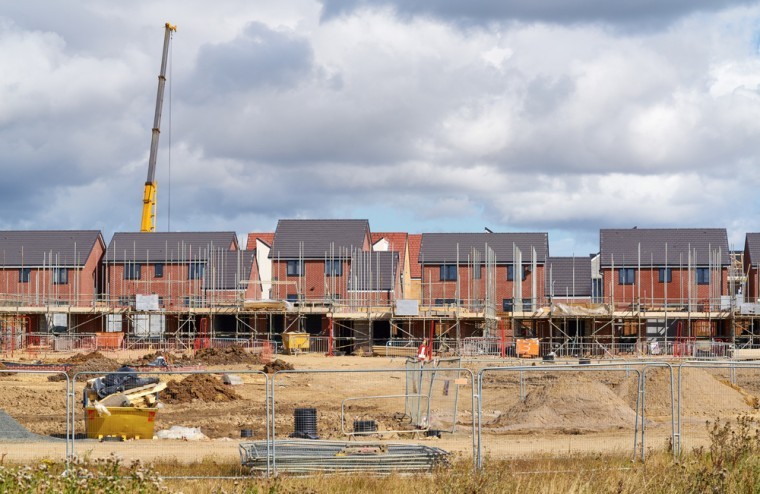Possible government changes to the planning system, designed to make development greener are to be welcomed but could hinder the government’s ability to reach its own already ambitious housebuilding targets if they are adopted, according to a Kent planning consultancy.
Ashford-based Hobbs Parker Property Consultants (HPPC) is concerned that if confirmed DEFRA’s consultation about development delivering a bio-diversity net gain will introduce an additional requirement on developers that will need to be addressed from the outset.
Steve Davies, senior property consultant at HPPC said: “There is general consensus that more needs to be done to protect the environment. Already much effort is applied to mitigating against the impact of development on protected species and enhancing their habitats.
“However, if introduced the requirement would effectively mean that any site, even those with limited ecological value will need to be enhanced if developed.
“If introduced the requirement will impose another obligation on the developer as part of the planning application – mean further time and cost in designing schemes impacting on how quickly projects can be brought forward.”
Developers are already required to carry out an ecological appraisal of a site, and to demonstrate that there are appropriate mitigation measures in place before planning permission is granted , specifically in respect to protected species such as the Bats, Great Crested Newt and slowworm
Steve Davies added: “The approach being consulted on will require developers to go beyond what’s already required and demonstrate there is an actual net gain. The critical point is how this will be assessed, what level of net gain is to be achieved, and how this will be identified and measured. Unless there is a clear definition of how net gain is achieved, and to what extent, this will introduce further doubt about the acceptability of proposals. Such complications will inevitably lead to further time being required to assess the proposals and therefore in obtaining planning permission.
“Ecological matters and dealing with protected species already needs careful consideration with significant technical input required from wildlife experts. Getting it wrong can cause significant delays to the consideration of planning applications, therefore understanding what is required is essential to being able to deal with such matters appropriately.”
Where development is shown to have a detrimental impact on protected species there is already a requirement to provide mitigation, through either habitat creation, translocation or financial contribution to managed mitigation schemes.
Steve Davies added: “The requirement to provide a biodiversity net gain, although of benefit to the environment will no doubt be viewed by developers as yet another imposition, adding further delay to what many consider an already slow process, it is essential therefore that they obtain the right advice from the outset.
“It would also have implications for how sites are designed and the extent to which development can be accommodated. The implications will only become fully apparent as and when the formal guidance and legislation on this becomes known, but the initial reaction from those involved in planning is that it will require careful consideration at the outset to ensure that it is addressed and doesn’t delay the determination of planning applications.”




